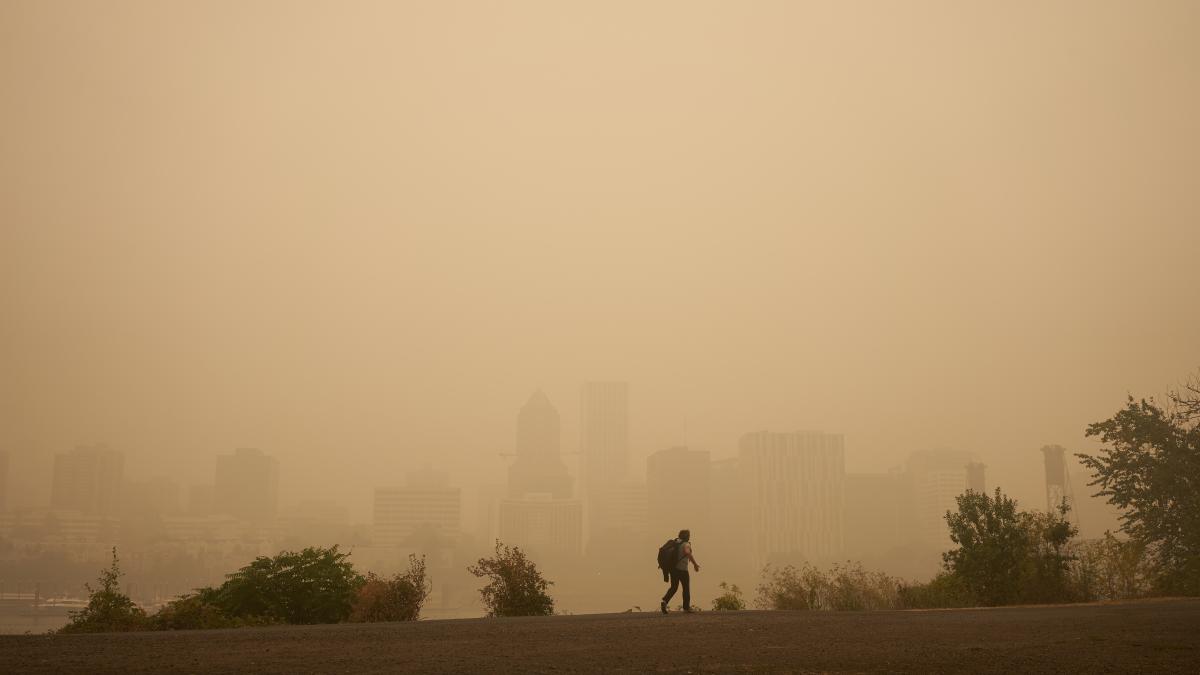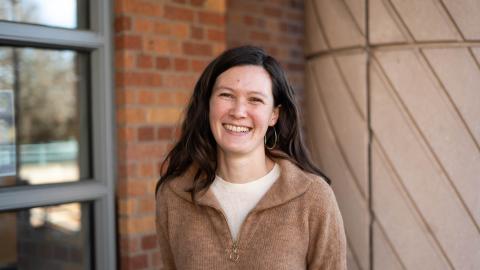As wildfires grow more frequent across the U.S. and Canada, their hidden toll may extend into the fertility clinic. A new UW study suggests that wildfire smoke exposure may reduce key measures of sperm quality in patients undergoing fertility treatments.
The research, published in the journal Fertility and Sterility, encompassed an analysis of semen samples from 84 men who provided sperm for intrauterine insemination procedures between 2018 and 2022. Major wildfire smoke events in the Seattle area occurred in 2018, 2020 and 2022. By comparing semen analyses collected before and during wildfire seasons, the researchers were able to track changes in sperm health.
.jpg)
“These results reinforce growing evidence that environmental exposures — specifically wildfire smoke — can affect reproductive health,” said senior author, Dr. Tristan Nicholson, an assistant professor of urology in the UW School of Medicine and of environmental and occupational health sciences in the UW School of Public Health. She is also a reproductive urologist at the UW Medicine’s Men’s Health Center whose patients are primarily men with infertility issues.
Smoke exposure and reproductive health
The team found consistent declines in sperm concentration, total sperm count, total motile (movement-capable) sperm count, and total progressively motile sperm count during wildfire smoke exposure. One measure, the percentage of progressively motile sperm, showed a slight increase, though it was not enough to offset the overall reductions in sperm quality.
Subjects served as their own control in this retrospective analysis of medical records across the smoke-event years. Findings were consistent across different wildfire years, showing that the results were not outliers, the authors added.
The results align with prior smaller studies led by Oregon Health & Sciences University, which linked air pollution and wildfire smoke to impaired reproductive health. This underscores the need for further investigation, Nicholson said.
“As we see more frequent and intense wildfire events, understanding how smoke exposure impacts reproductive health is critical.”
Lingering questions
One question unanswered by this study: Do sperm counts bounce back after smoke exposures?
"We are very interested in how and when sperm counts recover after wildfire smoke exposure,” Nicholson said. “Currently we are conducting a prospective pilot study of men in the Seattle area to evaluate how wildfire smoke affects sperm quality.”
Nicholson is also a scholar in the UW Pediatric and Reproductive Environmental Health Scholars K12 program and a member of the UW Pediatric Environmental Health Specialty Unit.
Adapted from the original release here.




